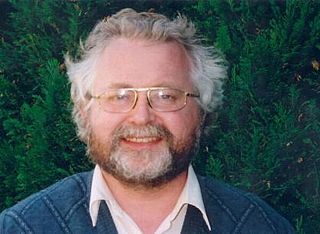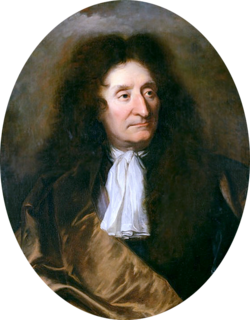A Quote by John Dewey
Plato defined a slave as one who accepts from another the purposes which control his conduct. This condition obtains even where there is no slavery in the legal sense. It is found wherever men are engaged in activity which is socially serviceable, but whose service they do not understand and have no personal interest in.
Related Quotes
How many people worldwide are victims of this type of slavery, in which the person is at the service of his or her work, while work should offer a service to people so they may have dignity. I ask my brothers and sisters in faith and all men and women of good will for a decisive choice to combat trafficking in persons, which includes "slave labor."
Among those whose reputation is exhausted in a short time by its own luxuriance are the writers who take advantage of present incidents or characters which strongly interest the passions, and engage universal attention. It is not difficult to obtain readers, when we discuss a question which every one is desirous to understand, which is debated in every assembly, and has divided the nation into parties; or when we display the faults or virtues of him whose public conduct has made almost every man his enemy or his friend.
Talk about slavery! It is not the peculiar institution of the South. It exists wherever men are bought and sold, wherever a man allows himself to be made a mere thing or a tool, and surrenders his inalienable rights of reason and conscience. Indeed, this slavery is more complete than that which enslaves the body alone.
There are three ways in which a man becomes a slave. He may be born into slavery, or forced into it, or he can deliberately accept his servitude. All three forms flourish in the modern world. Men are born and forced into slavery in Russia and her satellites states. Men in the free world invite slavery when they ask the government to provide complete security, when they surrender their freedom to the "Welfare State."
How does he achieve this independence? He does it by means of a continuous activity. How does he become free? By means of constant effort. we know that development results from activity. The environment must be rich in motives which lend interest to activity and invite the child to conduct his own experiences.
Slavery's crime against humanity did not begin when one people defeated and enslaved its enemies (though of course this was bad enough), but when slavery became an institution in which some men were 'born' free and others slave, when it was forgotten that it was man who had deprived his fellow-men of freedom, and when the sanction for the crime was attributed to nature.
Neither fear nor self-interest can convert the soul. They may change the appearance, perhaps even the conduct, but never the object of supreme desire... Fear is the motive which constrains the slave; greed binds the selfish man, by which he is tempted when he is drawn away by his own lust and enticed (James 1:14). But neither fear nor self-interest is undefiled, nor can they convert the soul. Only charity can convert the soul, freeing it from unworthy motives.
Civil rights, as we may remember, are reducible to three primary heads; the right of personal security; the right of personal liberty; and the right of private property. In a state of slavery, the two last are wholly abolished, the person of the slave being at the absolute disposal of his master; and property, what he is incapable, in that state, either of acquiring, or holding, in his own use. Hence, it will appear how perfectly irreconcilable a state of slavery is to the principles of a democracy, which form the basis and foundation of our government.
The talker has found a hearer but not a listener; and though he may talk his very best for his own sake, you will find that his mental movements are erratic: they have no fixed centre and no definite object. His talk is like the water of a canal whose banks have given way, which rolls aimlessly hither and thither, without fulfilling any useful function, though it is the same water which was so helpful and serviceable, when it was confined within clearly marked limits by the restraining force of its earthy boundaries.
I have observed this in my experience of slavery, - that whenever my condition was improved, instead of its increasing my contentment, it only increased my desire to be free, and set me to thinking of plans to gain my freedom. I have found that, to make a contented slave, it is necessary to make a thoughtless one. It is necessary to darken his moral and mental vision, and, as far as possible, to annihilate the power of reason. He must be able to detect no inconsistencies in slavery; he must be made to feel that slavery is right; and he can be brought to that only when he ceased to be a man.








































